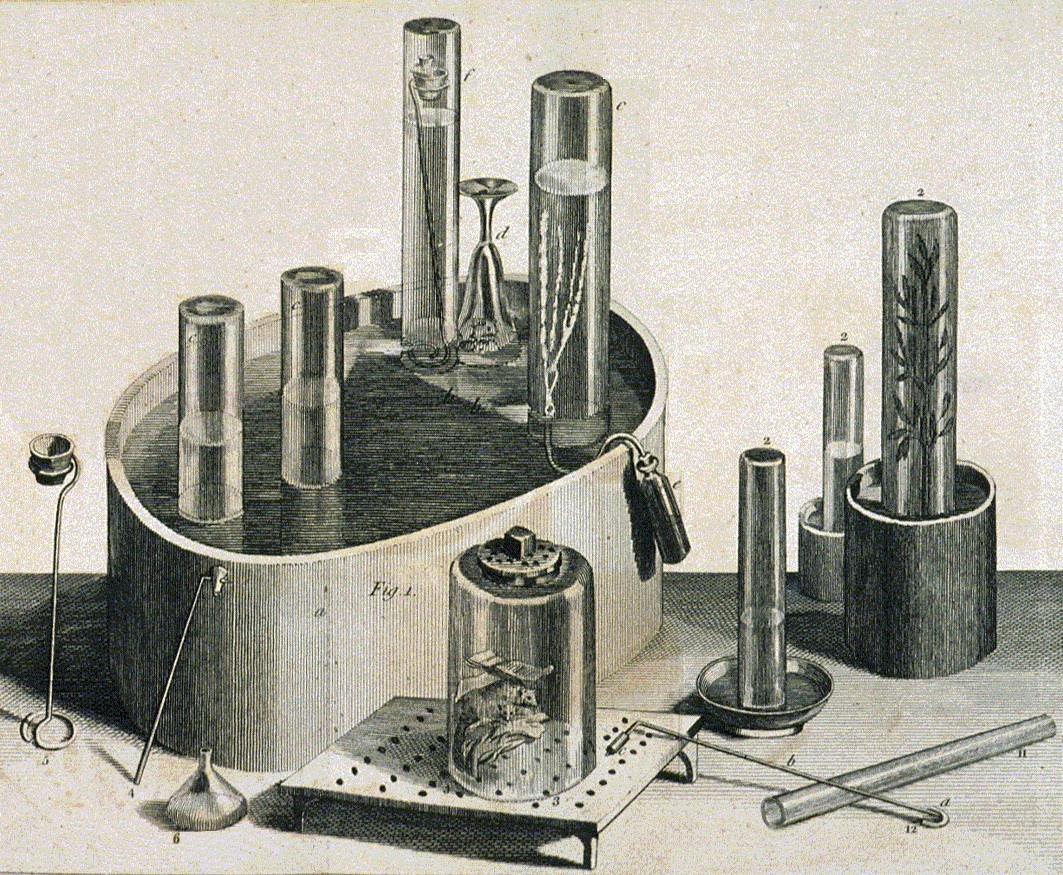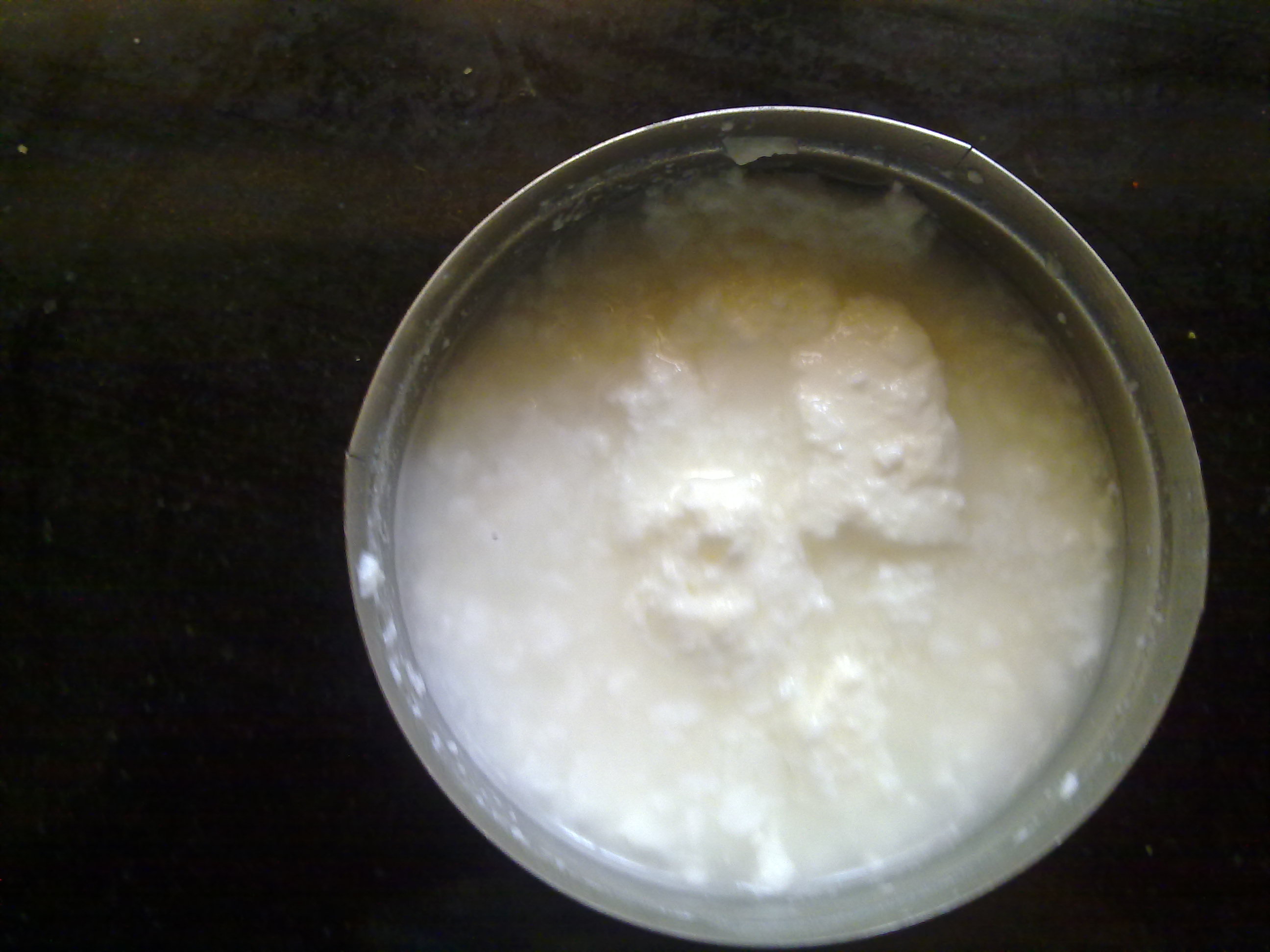|
The Pop Shoppe
The PoP Shoppe is a soft drink retailer originating in 1969 at London, Ontario, by Gary Shaw in Canada. The PoP Shoppe avoided using traditional retail channels, selling its pop through franchised outlets and its own stores in refillable bottles in 24-cartons. Original Within three years, the company grew within the province to over 500 stores, and entered the United States in the following three years. Eventually, PoP Shoppe was selling throughout Canada and 12 American states. National Hockey League veteran Eddie Shack was the predominant spokesman for the brand. At its height, Pop Shoppe spawned a number of regional imitators, such as Saskatchewan's Pop House, Manitoba's Pick-A-Pop and Edmonton's Happy Pop. The PoP Shoppe Pop enjoyed a regional popularity with residents of Portland, Oregon and surrounding environs as it was featured as the grand prize for winners of the "Smile Contest" and birthday celebrants on KPTV's " The Ramblin' Rod Show", Circa 1977, there were 26 ori ... [...More Info...] [...Related Items...] OR: [Wikipedia] [Google] [Baidu] |
Soft Drink
A soft drink (see § Terminology for other names) is a drink that usually contains water (often carbonated), a sweetener, and a natural and/or artificial flavoring. The sweetener may be a sugar, high-fructose corn syrup, fruit juice, a sugar substitute (in the case of ''diet drinks''), or some combination of these. Soft drinks may also contain caffeine, colorings, preservatives, and/or other ingredients. Soft drinks are called "soft" in contrast with "hard" alcoholic drinks. Small amounts of alcohol may be present in a soft drink, but the alcohol content must be less than 0.5% of the total volume of the drink in many countries and localities See §7.71, paragraphs (e) and (f). if the drink is to be considered non-alcoholic. Types of soft drinks include lemon-lime drinks, orange soda, cola, grape soda, ginger ale, and root beer. Soft drinks may be served cold, over ice cubes, or at room temperature. They are available in many container formats, including cans, glass bot ... [...More Info...] [...Related Items...] OR: [Wikipedia] [Google] [Baidu] |
Orange (fruit)
An orange is a fruit of various citrus species in the family (biology), family Rutaceae (see list of plants known as orange); it primarily refers to Citrus × sinensis, ''Citrus'' × ''sinensis'', which is also called sweet orange, to distinguish it from the related ''Citrus × aurantium'', referred to as bitter orange. The sweet orange reproduces asexually (apomixis through nucellar embryony); varieties of sweet orange arise through mutations. The orange is a Hybrid (biology), hybrid between pomelo (''Citrus maxima'') and Mandarin orange, mandarin (''Citrus reticulata''). The chloroplast genome, and therefore the maternal line, is that of pomelo. The sweet orange has had its full Whole genome sequencing, genome sequenced. The orange originated in a region encompassing Southern China, Northeast India, and Myanmar, and the earliest mention of the sweet orange was in Chinese literature in 314 BC. , orange trees were found to be the most Tillage, cultivated fruit tree in the wo ... [...More Info...] [...Related Items...] OR: [Wikipedia] [Google] [Baidu] |
Food And Drink Companies Disestablished In 1983
Food is any substance consumed by an organism for nutritional support. Food is usually of plant, animal, or fungal origin, and contains essential nutrients, such as carbohydrates, fats, proteins, vitamins, or minerals. The substance is ingested by an organism and assimilated by the organism's cells to provide energy, maintain life, or stimulate growth. Different species of animals have different feeding behaviours that satisfy the needs of their unique metabolisms, often evolved to fill a specific ecological niche within specific geographical contexts. Omnivorous humans are highly adaptable and have adapted to obtain food in many different ecosystems. The majority of the food energy required is supplied by the industrial food industry, which produces food with intensive agriculture and distributes it through complex food processing and food distribution systems. This system of conventional agriculture relies heavily on fossil fuels, which means that the food and ... [...More Info...] [...Related Items...] OR: [Wikipedia] [Google] [Baidu] |
Soft Drinks
A soft drink (see § Terminology for other names) is a drink that usually contains water (often carbonated), a sweetener, and a natural and/or artificial flavoring. The sweetener may be a sugar, high-fructose corn syrup, fruit juice, a sugar substitute (in the case of ''diet drinks''), or some combination of these. Soft drinks may also contain caffeine, colorings, preservatives, and/or other ingredients. Soft drinks are called "soft" in contrast with "hard" alcoholic drinks. Small amounts of alcohol may be present in a soft drink, but the alcohol content must be less than 0.5% of the total volume of the drink in many countries and localities See §7.71, paragraphs (e) and (f). if the drink is to be considered non-alcoholic. Types of soft drinks include lemon-lime drinks, orange soda, cola, grape soda, ginger ale, and root beer. Soft drinks may be served cold, over ice cubes, or at room temperature. They are available in many container formats, including cans, glass bo ... [...More Info...] [...Related Items...] OR: [Wikipedia] [Google] [Baidu] |
Drink Companies Of Canada
A drink or beverage is a liquid intended for human consumption. In addition to their basic function of satisfying thirst, drinks play important roles in human culture. Common types of drinks include plain drinking water, milk, juice, smoothies and soft drinks. Traditionally warm beverages include coffee, tea, and hot chocolate. Caffeinated drinks that contain the stimulant caffeine have a long history. In addition, alcoholic drinks such as wine, beer, and liquor, which contain the drug ethanol, have been part of human culture for more than 8,000 years. Non-alcoholic drinks often signify drinks that would normally contain alcohol, such as beer, wine and cocktails, but are made with a sufficiently low concentration of alcohol by volume. The category includes drinks that have undergone an alcohol removal process such as non-alcoholic beers and de-alcoholized wines. Biology When the human body becomes dehydrated, a person experiences thirst. This craving of fluids results in an ... [...More Info...] [...Related Items...] OR: [Wikipedia] [Google] [Baidu] |
Food And Drink Companies Established In 2002
Food is any substance consumed by an organism for nutritional support. Food is usually of plant, animal, or fungal origin, and contains essential nutrients, such as carbohydrates, fats, proteins, vitamins, or minerals. The substance is ingested by an organism and assimilated by the organism's cells to provide energy, maintain life, or stimulate growth. Different species of animals have different feeding behaviours that satisfy the needs of their unique metabolisms, often evolved to fill a specific ecological niche within specific geographical contexts. Omnivorous humans are highly adaptable and have adapted to obtain food in many different ecosystems. The majority of the food energy required is supplied by the industrial food industry, which produces food with intensive agriculture and distributes it through complex food processing and food distribution systems. This system of conventional agriculture relies heavily on fossil fuels, which means that the food and agricu ... [...More Info...] [...Related Items...] OR: [Wikipedia] [Google] [Baidu] |
Food And Drink Companies Established In 1969
Food is any substance consumed by an organism for nutritional support. Food is usually of plant, animal, or fungal origin, and contains essential nutrients, such as carbohydrates, fats, proteins, vitamins, or minerals. The substance is ingested by an organism and assimilated by the organism's cells to provide energy, maintain life, or stimulate growth. Different species of animals have different feeding behaviours that satisfy the needs of their unique metabolisms, often evolved to fill a specific ecological niche within specific geographical contexts. Omnivorous humans are highly adaptable and have adapted to obtain food in many different ecosystems. The majority of the food energy required is supplied by the industrial food industry, which produces food with intensive agriculture and distributes it through complex food processing and food distribution systems. This system of conventional agriculture relies heavily on fossil fuels, which means that the food and agricu ... [...More Info...] [...Related Items...] OR: [Wikipedia] [Google] [Baidu] |
Rogers Media
Rogers Media Inc., operating as Rogers Sports & Media, is a Canadian subsidiary of Rogers Communications that owns the company's mass media and sports properties, such as the Citytv and Omni Television terrestrial television stations, Sportsnet, OLN, localized versions of FX and FXX, the Rogers Radio stations, and these properties' associated digital media outlets. The company previously owned a number of magazines under the Rogers Publishing banner, including the former Maclean-Hunter magazines (such as namesake ''Maclean's''). In 2019, Rogers completed its divestment of the unit's remaining properties to St. Joseph Communications. Operations Current television brands owned by Rogers include the English-language Citytv and multicultural Omni television systems, and the Sportsnet family of channels, which began as a group of regional sport channels and now serves as the ''de facto'' sports programming brand and division for Rogers. Through Sportsnet, Rogers also distributes ... [...More Info...] [...Related Items...] OR: [Wikipedia] [Google] [Baidu] |
Marketing Magazine
''Strategy'' is a Canadian business magazine about marketing, advertising and media. The magazine is published by Brunico Communications Brunico Communications is a Canadian magazine publishing company."Desktop tabloid publishing firm sports 2 publications and a profit". ''The Globe and Mail'', October 9, 1989. The company specializes primarily in online trade magazines serving medi ..., and was launched in 1989. It was merged in 2016 with ''Marketing'', a formerly competing title which Brunico acquired from Rogers Media. ''Infopresse'', November 3, 2016. References External links *[...More Info...] [...Related Items...] OR: [Wikipedia] [Google] [Baidu] |
Beer Bottle
A beer bottle is a bottle designed as a container for beer. Such designs vary greatly in size and shape, but the glass commonly is brown or green to reduce spoilage from light, especially ultraviolet. The most widely established alternatives to glass containers for beer in retail sales are beverage cans and aluminium bottles; for larger volumes kegs are in common use. Bottling lines Bottling lines are production lines that fill beer into bottles on a large scale. The process is typically as follows: # Filling a bottle in a filling machine (''filler'') typically involves drawing beer from a holding tank # Capping the bottle, labeling it # Packing the bottles into cases or cartons Many smaller breweries send their bulk beer to large facilities for contract bottling—though some will bottle by hand. The first step in bottling beer is ''depalletising'', where the empty bottles are removed from the original packaging delivered from the manufacturer, so that individual bottles ma ... [...More Info...] [...Related Items...] OR: [Wikipedia] [Google] [Baidu] |








